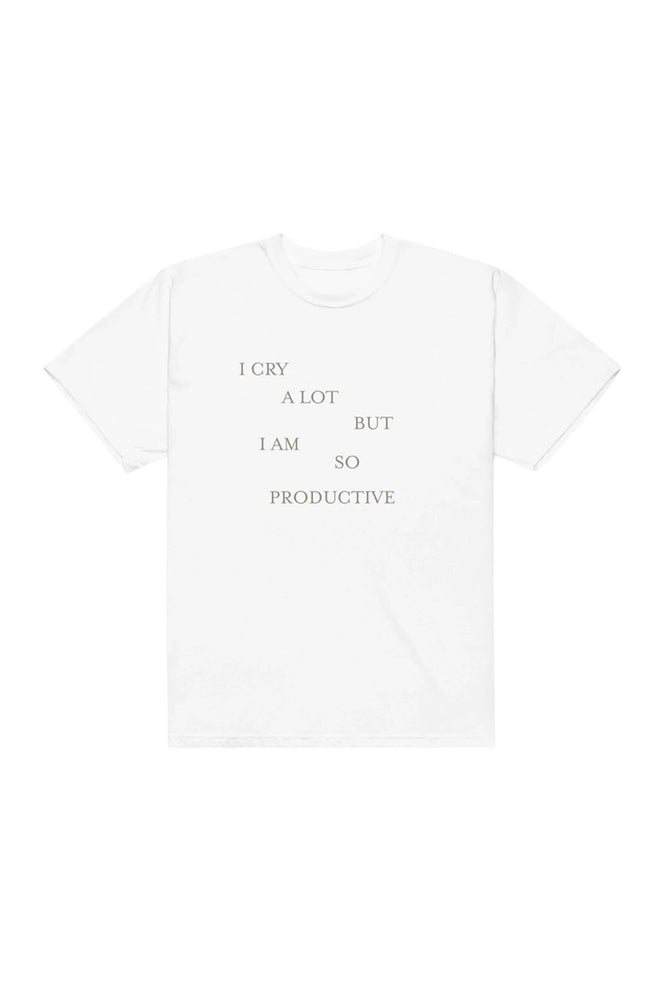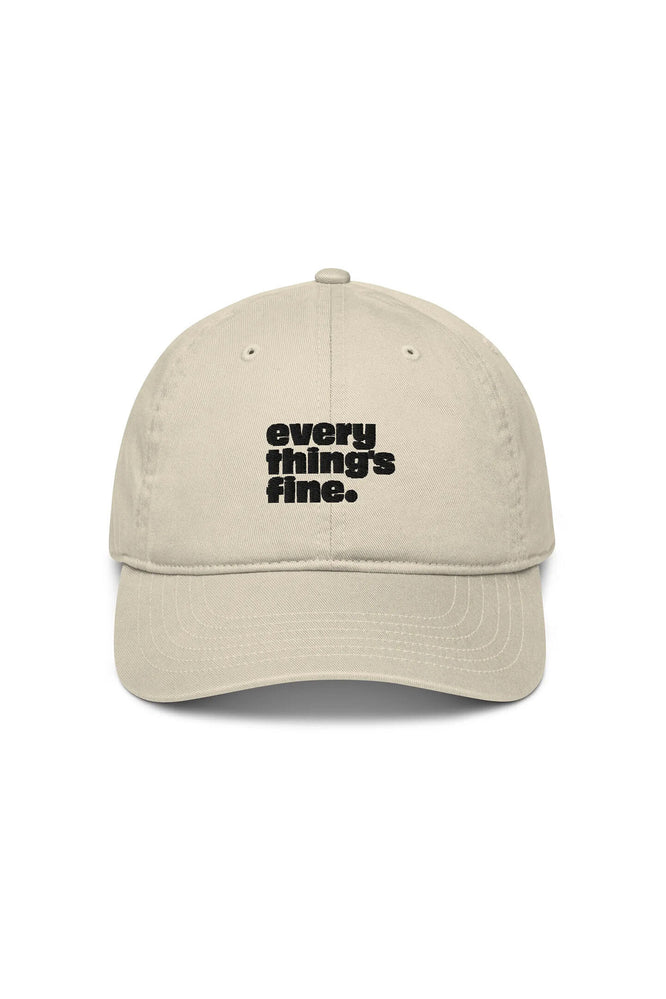We can all picture it: Stanley Tucci opening a glass door, telling a room of pristinely dressed women to gird their loins… Miranda Priestly has entered the building. Pure, unadulterated panic follows in her wake: cleaning papers off desks, applying lipstick in a computer camera lens, changing from flats to heels.
Miranda Priestly has become the titular workplace villain, pattering off ever-quotable lines like, “Find me that piece of paper I had in my hand yesterday morning,” and “By all means, move at a glacial pace. You know how that thrills me.”
Today, that tyrannic behavior and those quotes would find themselves on one of the slew of social media accounts created to collect and post stories about abuse and dismal pay for assistants and junior level employees. They’re realizing that, together, they have a unique power in a place many of their bosses don’t understand: social media.
Accounts on Instagram and Twitter have been popping up, asking for anonymous (or not) testimonials about negative or wild experiences that have been considered “work.” They’ve become the @DeuxMoi of assistant culture: dishing the tea, asking the questions, and offering relative transparency in industries that often hide under a veil of exclusivity.
My novel, Smile and Look Pretty, is about just this: assistants exposing bad behavior via the internet, a place where a username or nickname can sometimes be just the cover you need to tell the truth without the risk of retaliation.
Following multiple recent resignations from junior and mid-level employees in the publishing industry —citing burnout, frustrating advancement difficulties, and low pay—the account @xoxopublishinggg, created to offer industry-specific memes and highlight extraordinary work experiences, asked its 35k followers: “have you had to supplement your publishing salary with another job?” Garnering over two hundred responses, the answer was a nearly unanimous yes. “When I was an editorial assistant, I AirBnB’d my apt all the time,” was one anonymous answer. Another, “worked at J Crew nights and weekends until I was an associate editor (5-6 years in).”
The hashtag #PayUpHollywood, created by television writers Liz Alper and Deirdre Mangan, released a survey in 2021 of 1,516 entertainment assistants finding that 35% of respondents made less than $30,000 and nearly 80% made less than $50,000 in 2020. Personal testimonials in response to the survey blew up, a few citing that the budget for snacks in the writers’ room and production office was double what they took home after a 60-hour workweek.
Accounts like these offer transparency in pay and also solidarity in the impossible tasks often expected by those in an assistant role, where ordering a private jet is expected as quickly as ordering a sandwich. One of such accounts, @assistantsvsagents, recently asked its nearly 70k entertainment and music industry followers, “what’s your craziest/most traumatizing/most annoying ‘last-minute ask’ story?” With over one hundred responses in less than a few hours, anonymous submissions included, “needing to secure a visa for India within 20 hours,” “asked to get [my boss] the COVID vaccine before it was released,” and “expensed bosses sex swing as a ‘gift for client’.”
The account @fashionassistants posts relatable memes and anonymous stories about abuses and low (or no) pay among interns and assistants in the fashion industry. It’s posted stories of verbal harassment, physical harassment, and being forbidden to eat or afraid to take time off for family bereavement.
There’s also @ia_stories, an account formed to support the International Alliance of Theatrical Stage Employees (IATSE) when they threatened a strike while asking studios for minimum pay raises, mandated weekend rest periods, and workdays closer to 10 hours instead of 20. This account shared anonymous stories of TV/film crews relating to everything from the common practice of not paying or denying working overtime, to car crashes driving home from an 18-hour day.
There was a time when “paying your dues” meant being the first one in and the last one out. It meant getting coffee for your team and taking notes in meetings. It meant observing, watching, and learning how to do the job you want to do. Now, it’s turned into a form of industry-specific natural selection, slowly firing off anyone who can’t keep up with the unnatural demand. “You should be grateful to be here” is often thrown around at the subtlest hint of dismay. “If you leave, there will be hundreds lining up to take your place.”
Now, “paying your dues” involves coffee and note-taking and also running around with cupcakes for your boss’ kid’s last day of school party, or taking notes while your boss is on a call and doing yoga in his living room naked. Now, nothing is too ridiculous to be believed because of these social media accounts. Because they lifted the curtain and exposed the inappropriate behavior underneath through self-submitted stories.
With employees leaving their jobs in record numbers, people may call this time The Great Resignation. But it may also turn out to be The Great Reckoning. Assistants are also quitting, and, thanks to social media, we know why. The question then becomes: what are we going to do about it?
Image: Liza Vlasenko / stocksy.com









































